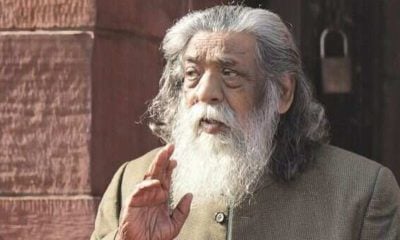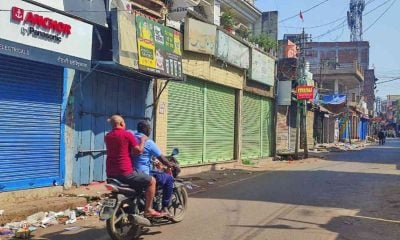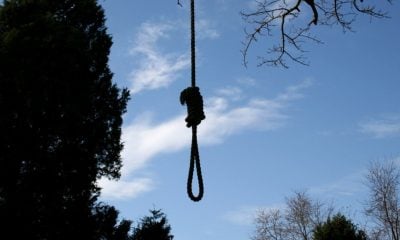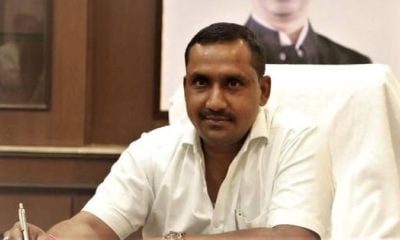India News
41 Jharkhand BJP members, including former CMs, Union Minister, booked for violating prohibitory orders
Union Minister for Tribal Affairs Arjun Munda, former Jharkhand Chief Ministers Raghubar Das and Babulal Marandi, among 41 members of the BJP, have been booked by the police for allegedly violating prohibitory order under Section 144 of the CrPC during the party’s recent secretariat gherao protest in the Congress-ruled state’s capital.
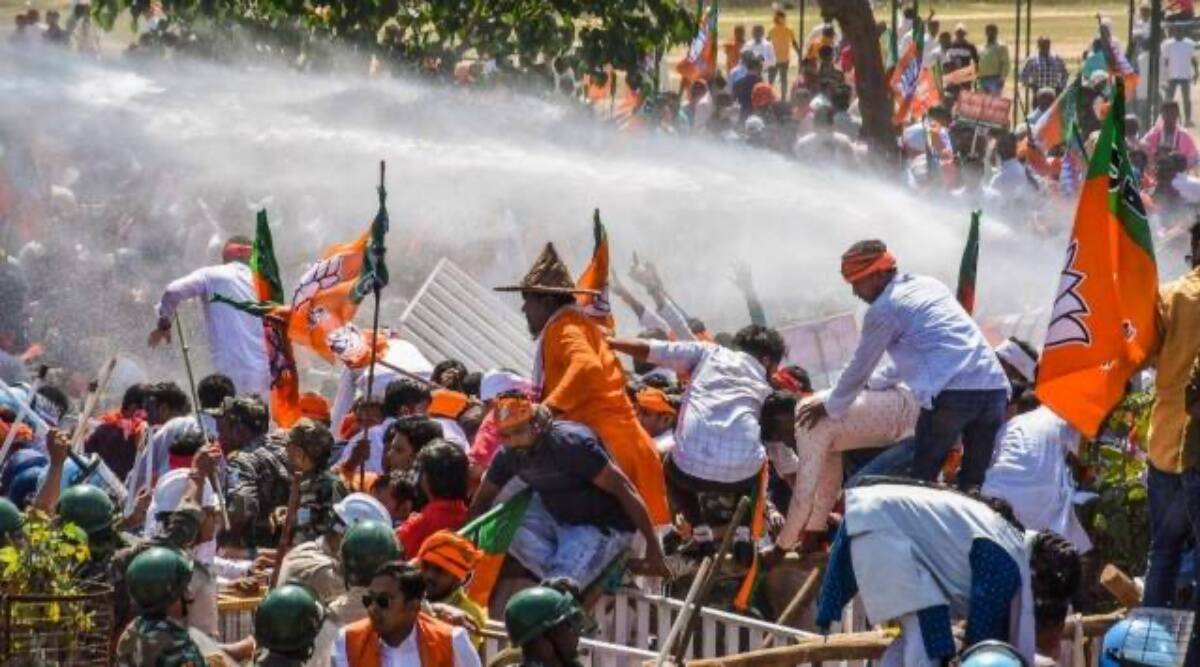
India News
JNU protest turns violent as Left and Right student groups trade charges
A late-night protest at JNU turned violent as Left and ABVP student groups accused each other of stone-throwing and attacks near the East Gate.
India News
World praised India’s AI potential at AI Impact Summit, says PM Modi
PM Modi said the world praised India’s AI potential at the AI Impact Summit 2026, where 89 countries endorsed the New Delhi Declaration on artificial intelligence.
India News
Devendra Fadnavis seeks CBI probe into Ajit Pawar plane crash
Maharashtra Chief Minister Devendra Fadnavis has requested a CBI investigation into the plane crash that killed Deputy CM Ajit Pawar, alongside ongoing DGCA and CID probes.
-

 LATEST SPORTS NEWS6 hours ago
LATEST SPORTS NEWS6 hours agoICC Men’s T20 World Cup 2026: South Africa outclass India with smart slower-ball strategy in Super 8
-

 India News6 hours ago
India News6 hours agoWorld praised India’s AI potential at AI Impact Summit, says PM Modi
-

 India News6 hours ago
India News6 hours agoJNU protest turns violent as Left and Right student groups trade charges
-

 India News7 hours ago
India News7 hours agoDevendra Fadnavis seeks CBI probe into Ajit Pawar plane crash
-

 Latest world news17 mins ago
Latest world news17 mins agoBangladesh president Shahabuddin accuses Yunus of conspiracy to unseat him

